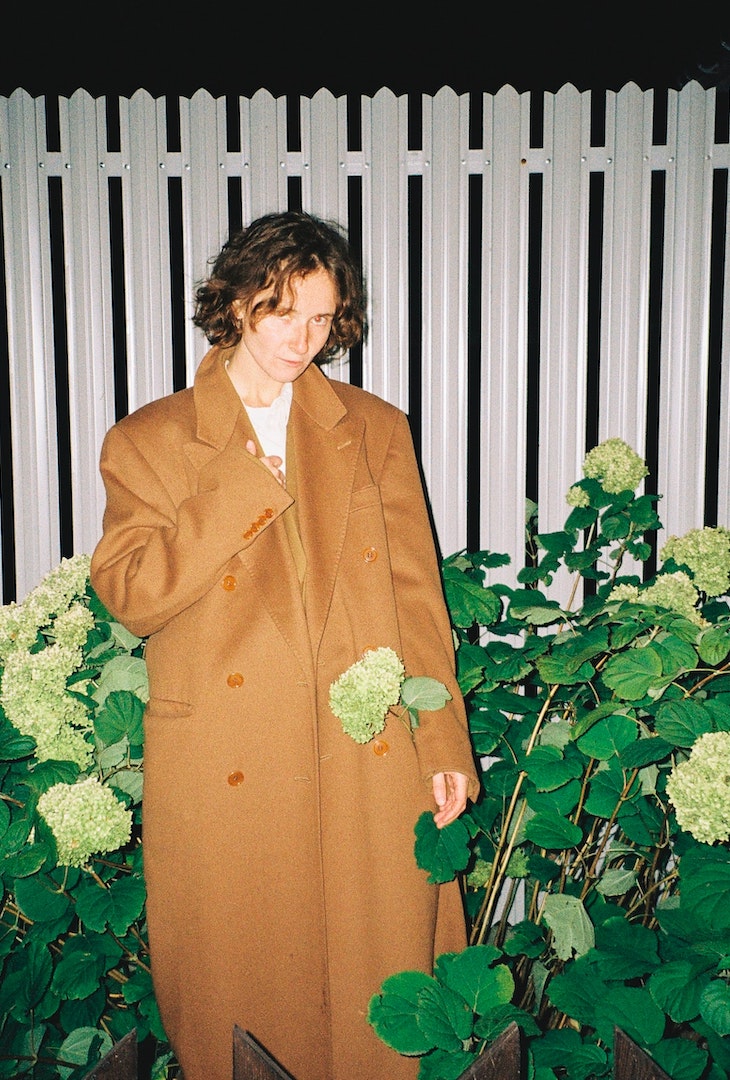Burnout’s cousin: Why you shouldn’t ignore ‘rust out’ in the workplace
WORDS BY MAGGIE ZHOU
When boredom becomes a big deal.
Burnout has become a catch-all for any ounce of workplace fatigue or displeasure. We’re ‘burnt out’ by having to tackle our overflowing inboxes, ‘burnt out’ by routine water cooler chats and ‘burnt out’ by spending all day at our desks. ‘Burnout’ now encapsulates the exhausting matter of living in a post-pandemic world, one where the promised ‘greener on the other side’ is actually full of crippling financial anxiety and employment woes.
But another phrase could encapsulate what many Australians are experiencing: rust out. Referred to as burnout’s lesser-known cousin, the roots of the two phenomena come from dissatisfaction with work. While burnout stems from overwork and depletion, rust out is almost the opposite.
Looking for more thought-provoking lifestyle content? Head to our Life section.
Rust out refers to the rut of uninspiring work which leaves employees feeling dejected, disinterested and indifferent. The monotony of daily work can lead to boredom. Coupled with the lack of motivation or praise from bosses, it can spiral into something greater.
Teena Clouston, the author of Challenging Stress, Burnout And Rust-Out, previously told Cosmopolitan, “Rust out is a lot deeper and more profound than boredom. It’s where people don’t feel they’re doing anything purposeful or being recognised. They often feel blocked – as if there’s nowhere for them to progress to, and it can be a much harder issue to address than burnout.”
This isn’t a rarity either; occupational psychologist Dr Sandi Mann found a third of British employees think their jobs are boring. Author Daniel Pink has suggested the most important pillars of workplace wellbeing are autonomy, mastery and purpose. For employees entering the work day with minimal tasks, few challenges and a tedious routine, being fully engaged in work can be tough. Rust out is not a symptom of a job itself, but of how an individual is treated in said job.
In May, Australian Gen Zs were mocked in a policing forum for apparently needing praise three times a week (the actual study found Gen Z and younger Millennials were more likely to want recognition “at least a few times a month“). Regardless of whether you back that stat up or roll your eyes at it, the conversation surrounding employee-employer relations is an important one.
People working full-time are spending 40 hours a week in the workplace. We see our coworkers more than we see our friends. Wanting excitement, interest and variation in work shouldn’t be too much to ask for. Instead of rust out being a career death sentence, it can serve as a motivator.
Unless you are content with being in a dependable and repetitive workplace (all power to you), your bout of rust out might help you reevaluate your career goals. Take the realisation you’re wanting something more stimulating to help figure out your next career move.
Leah Lambert, a career coach from Relaunch Me, previously told Fashion Journal about the power of ‘career experiments’. Dabbling in a variety of work-adjacent activities (like free online courses, workshops and volunteer work) can help you figure out what you gravitate to – or alternatively, what you’re disinterested in. “Putting yourself out there and… actually test[ing] things out is what will really help you get clarity around what you enjoy,” Leah says.
And while the fantasy of a dream job has shattered for some, doesn’t mean a fulfilling job isn’t within reach. Plus, it only takes white vinegar and a bit of scrubbing to remove the worst of rust.
Want to know more about the impact of burnout on young women? Read this.













